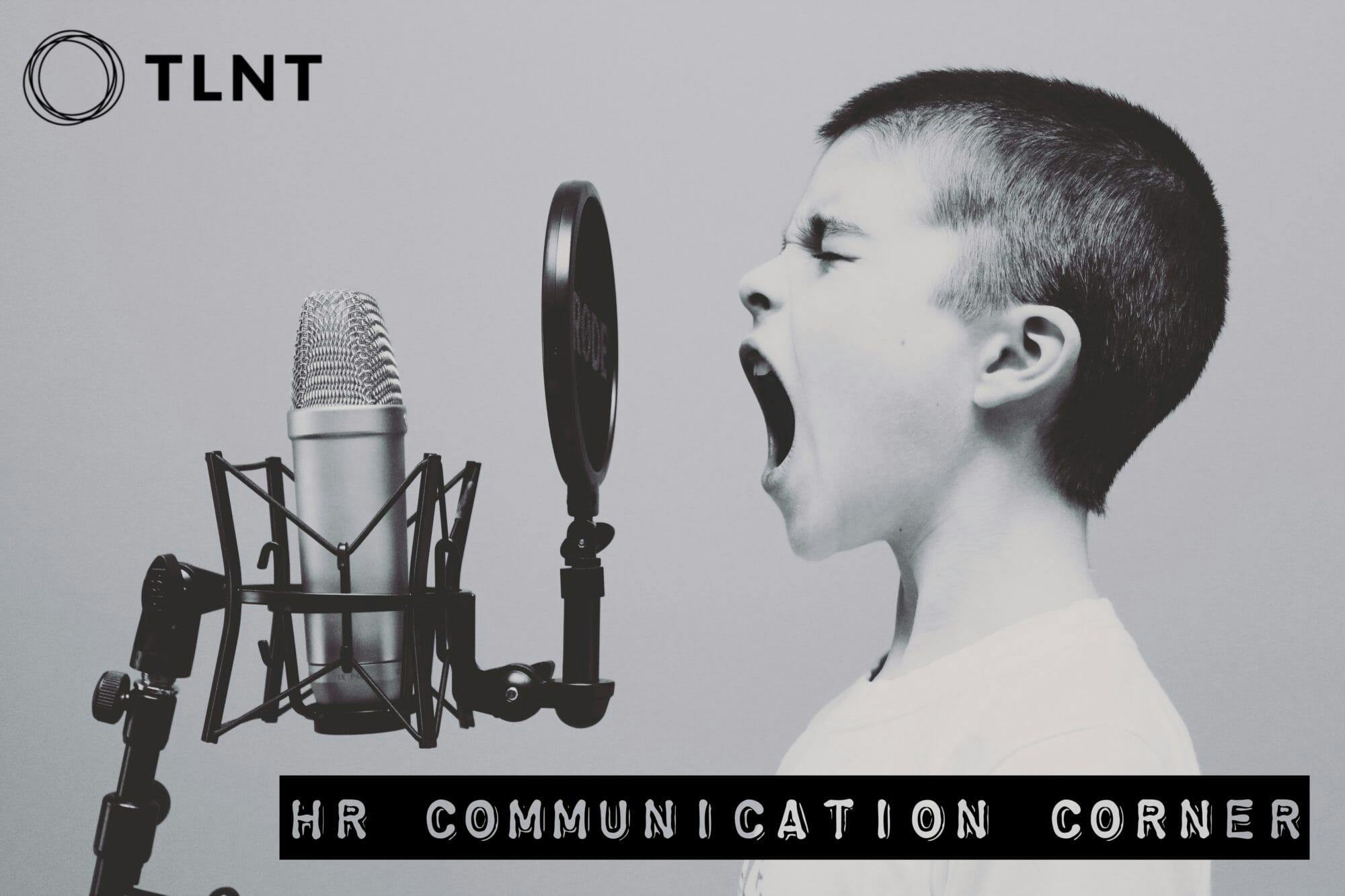You have 60 seconds to name all the movies that include a scene like the following: The heroine (or hero) is standing in front of a gathering of townspeople, introducing plans to spend money on an important city project. A guy in the back of the room rises to his feet and shouts, “Just hold on here. I think you ought to be truthful with us about your motives in this deal. Just what do you personally have to gain? I certainly know what we citizens have to lose if this proposal passes! Plenty!”
Sure, the characters and projects change from time to time, but the plot line remains familiar. (Yes, my household has seen too many Hallmark movies!) A heckler can turn things into disaster quickly — especially if that heckler has a large sphere of influence. And that heckler may be face-to-face in the same room with you and his supporters — or heckling from his virtual image on Zoom.
4 Tips for Handling Hecklers Virtually or Online
First, let me define hecklers in the workplace: These people aim to destroy your credibility, to oppose what you advance, and to generally make a memorable scene. Keep in mind, however, that hecklers who create a real distraction elicit the hostility of the group and empathy for you, the presenter or facilitator of the discussion. That thought may help you keep your cool under such pressure.
1. Relate to Them Personally If You Anticipate Hostility
More often than not, as a presenter, you can anticipate objections and concerns related to your topic, proposal, or opinion. In other words, you’ll go into a meeting or conversation with the understanding that not everyone will jump aboard your train easily and quickly. When that’s the case, do your thinking ahead of time. Consider which objections or concerns will surface and plan your responses accordingly: Supporting data. Anecdotal evidence. A pithy quote from a luminary who agrees with you.
Keep these ideas in mind when those concerns or objections come up, and respond calmly as if the objector had raised any other “typical” question or issue.
A second step in “relating” personally is creating an opportunity to talk with the heckler one-on-one to get the person to see you as a friendly colleague rather than an enemy. That goal might mean a pre-meeting conversation “to get their take” on a proposal/topic. Or it could simply mean a quick conversation in the Zoom chat or in the hallway about something personal (not intimate).
Examples: A question to them about what they’re working on currently or status on a project they’re handling. A comment about your family plans for vacation. A question about their family’s wellbeing during a crisis (hurricane, flooding, illness). The idea is just to make a connection by being human, friendly, interested, and transparent.
2. Move Physically Closer to Them Before Your Session Begins
Your tendency may be to do the opposite. Making direct eye contact, approaching them, and courteously asking why they are protesting your proposal or presentation may defuse their hostility. At the least, your sincere question and listening attitude will decrease the probability that they’ll be rude to you personally — even if they never consider a change of viewpoint.
3. Move Away From Them After Your Session Begins
When in the same room (not virtual), casually move in the opposite direction so that the eyes of other audience members follow you. Consequently, the heckler will lose the “stage” for continuing remarks because the individual has dropped out of the audience’s line of vision.
4. Unmask Them
Protocol at your organization may dictate that you allow the hostile person to ask questions and state opinions “at will.” When that’s the case, always ask a heckler for their name, title, department, or other organizational affiliations (such as suppliers attending an industry conference). Having lost their anonymity and chancing embarrassment for their family or repercussions from their organization or boss, hecklers are often hesitant to express hostility openly.
In general, avoid responding to hecklers by asking them a question. That only serves to give them opportunity to state their strong opposition and put you on the defensive. Typically, you can end any hostile dialogue with a disruptive audience member with this comment: “There are groups and individuals who may see things differently. I can accept that. I hope they can.” Then move on with your comments or presentation.
